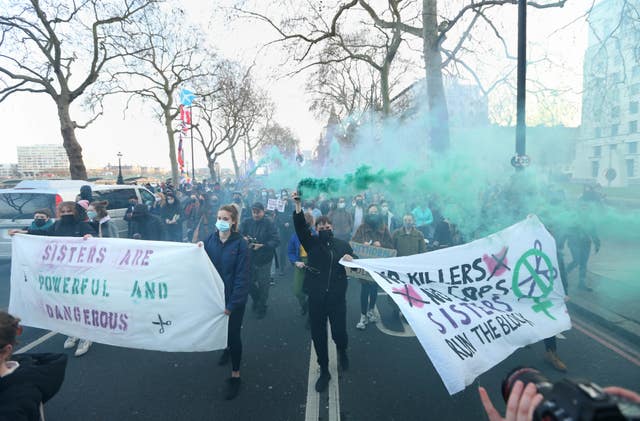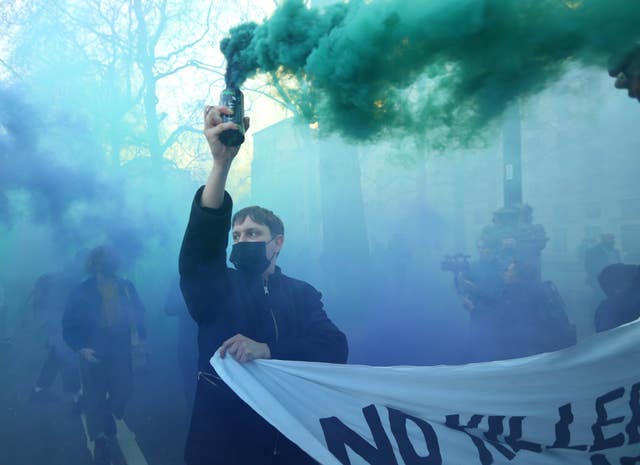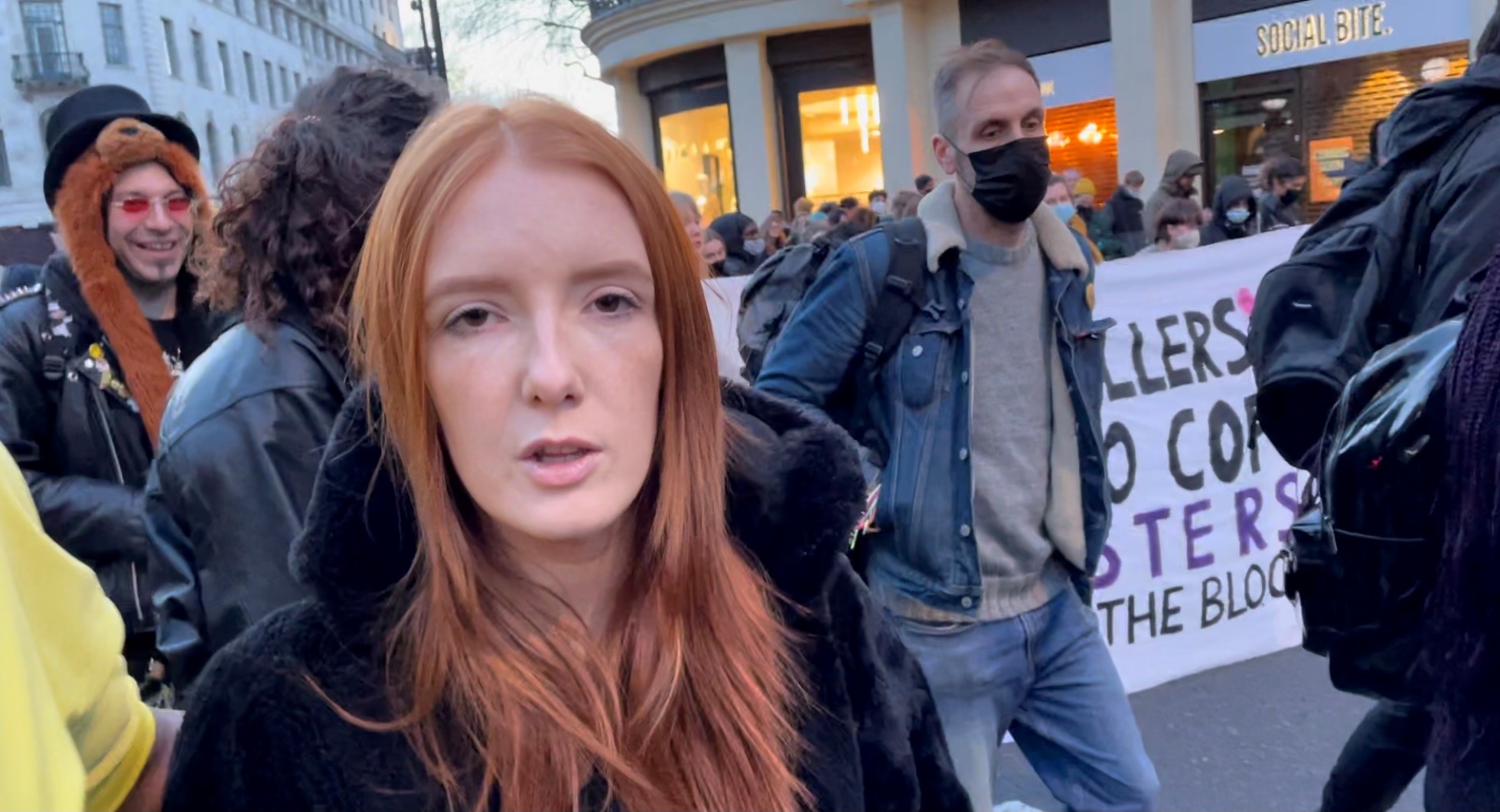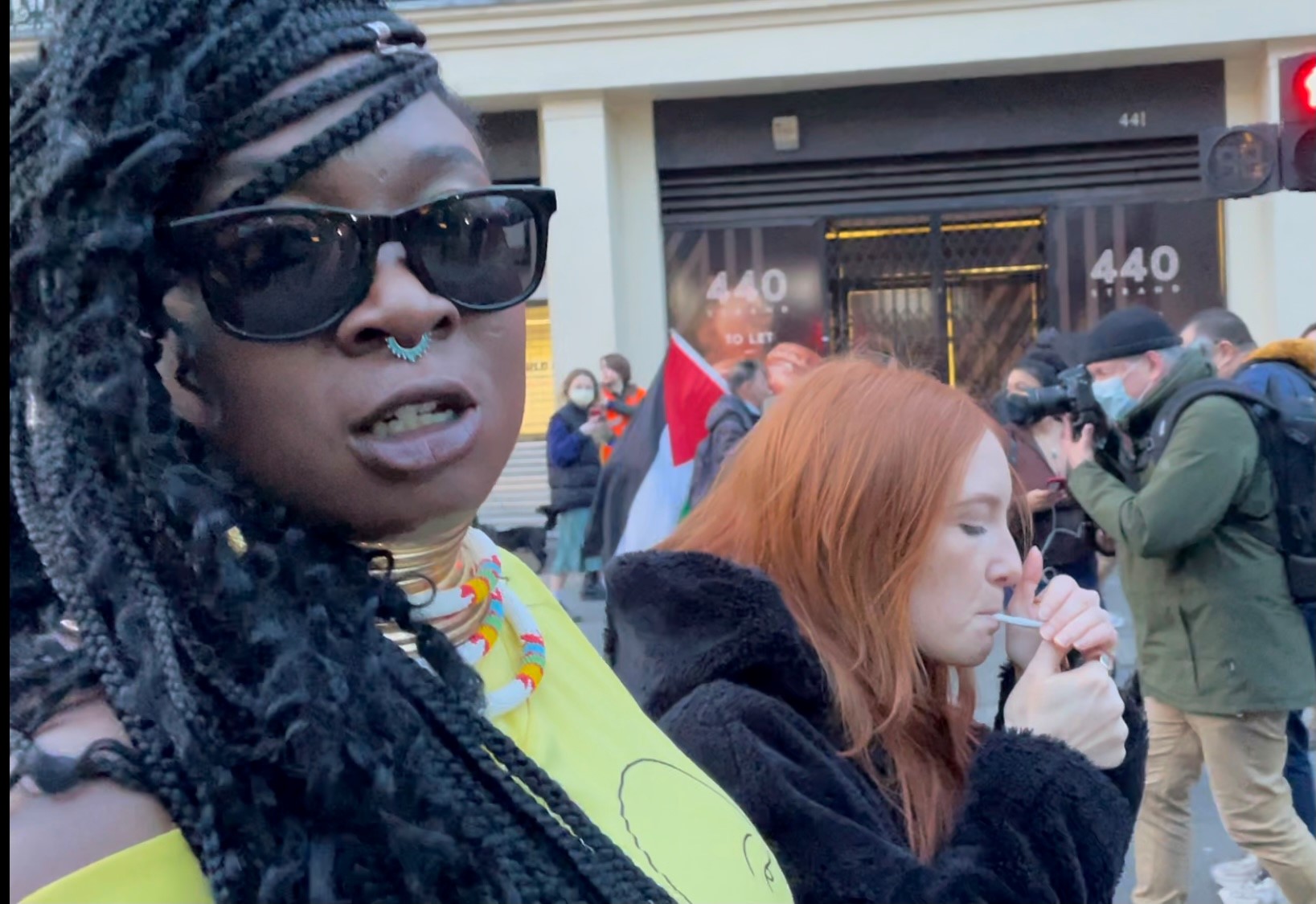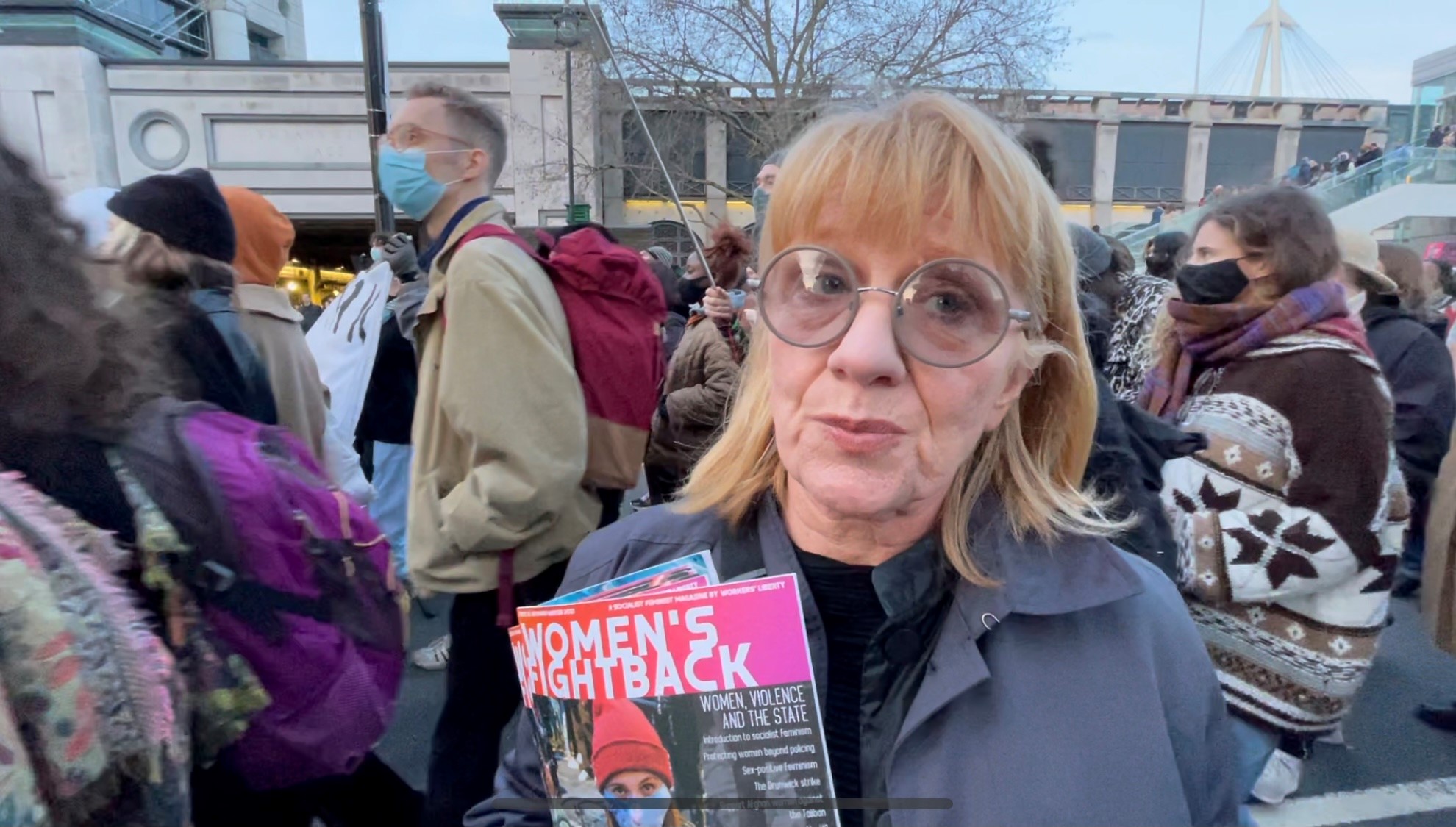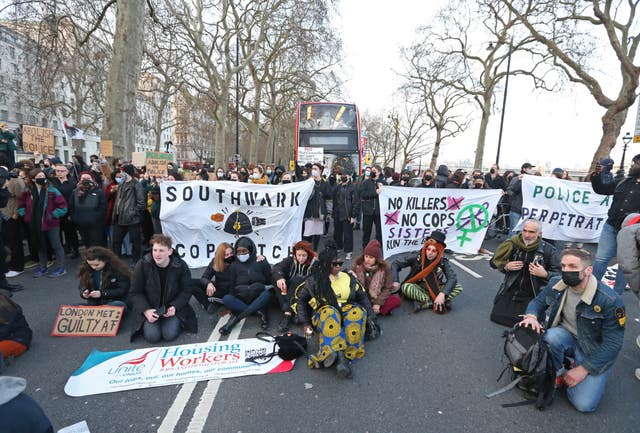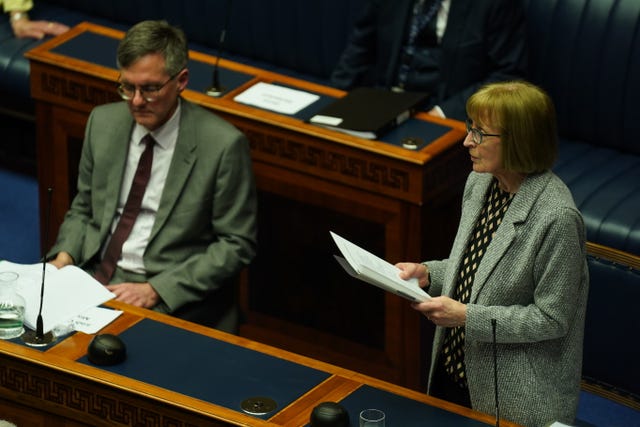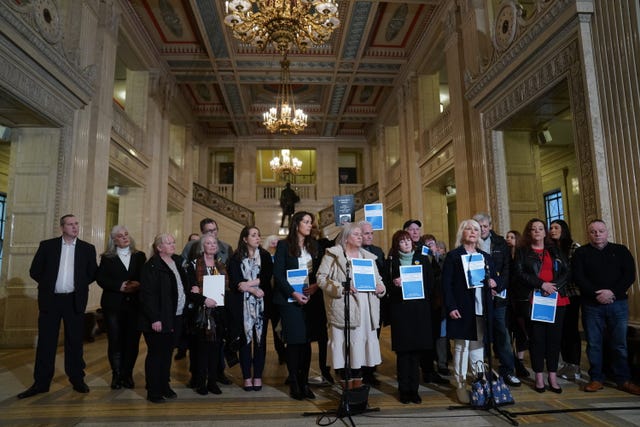Content warning: this article contains material some readers may find distressing
On 14 March, the City of London & Hackney Safeguarding Children Partnership published its Local Child Safeguarding Practice Review. The review details two Metropolitan Police officers’ strip search of a Black schoolgirl – known as Child Q – at her Hackney secondary school in 2020.
The review condemns officers’ degrading treatment of the child throughout the search, which they conducted on school grounds without supervision by an appropriate adult. This horrific case of state violence against a schoolchild shows that we must take urgent action to get police out of schools.
A series of safeguarding failures
According to the review, teachers referred the 15-year-old Child Q to police, alleging that she smelled of weed.
Teachers – who are responsible for safeguarding pupils – left the child alone with police officers. They allowed police to conduct the search without supervision, and they failed to call the pupil’s mother.
In Child Q’s words:
Someone walked into the school, where I was supposed to feel safe, took me away from the people who were supposed to protect me and stripped me naked, while on my period.
The review explains that police stripped the child and forced her to expose her “intimate body parts”. They made the child – who was on her period at the time – remove her sanitary pad.
Child Q’s mother told the review that officers made the child “bend over [and] spread her legs… whilst coughing”. On concluding the degrading search, police refused to let the child use the toilet before returning to an exam. Officers didn’t find any drugs on the child.
Reflecting on the trauma caused by the incident, Child Q said:
I don’t know if I’m going to feel normal again… But I do know this can’t happen to anyone, ever again.
“Undignified, humiliating and degrading”
The review concludes “that Child Q should never have been strip searched”. Highlighting the integral role that racism played in the dehumanising search, it states “that had child Q not been Black, then her experiences are unlikely to have been the same”.
In a letter to the review, the child’s aunt said:
I cannot express to you how aggrieved I am with the school and the police enforcement officers for exposing Child Q to such an undignified, humiliating, and degrading exposure.
The review notes the role that “adultification bias” played in teachers’ and officers’ mistreatment of Child Q. Adultification is “where adults perceive Black children as being older than they are”. This bias is a product of racist stereotypes which are used to justify the exploitation, abuse, and criminalisation of Black children.
Expressing ‘heartbreak’ for the child and her mistreatment, grassroots coalition No More Exclusions co-founder Zahra Bei told The Canary:
It’s appalling but it’s not surprising that the school dealt with this child and the situation as a criminal matter as opposed to a safeguarding matter. As it says in the report, she was seen as the risk instead of being at risk. And that is what fundamentally needs to change for Black children. Their childhood, their vulnerability, their needs, their humanity has to be recognised in its fullness.
Not an isolated incident
Child Q’s dehumanising experience is an extreme example of the routine humiliation, harassment, and targeting that marginalised children and young people experience at the hands of police in their schools and communities. According to the review, police strip searched 25 other children in Hackney over 2020/21. Most of these were drug-related searches. Police found nothing on 22 of these children.
This reflects the Met’s increasing use of the degrading practice, including against children. As The Canary reported in February, a Freedom of Information request submitted by criminology researcher Tom Kemp found that:
the force carried out over 9,000 strip-searches on children in the last five years, including more than 2,000 under-16s.
Data shows that Met police disproportionately use section 60 stop and search powers against children – particularly those from Black and racially minoritised backgrounds – despite overwhelming evidence that the practice does not prevent crime.
Reflecting the state’s tendency to enact violence against marginalised young people, police disproportionately use tasers and spit-hoods against Black and racially minoritised children – some as young as 10-years-old.
This violence is reinforced by discriminatory surveillance and policing programmes, such as the Islamophobic Prevent strategy and the racist gangs matrix. There are also racialised civil doctrines and orders that surveil and criminalise young people, like joint enterprise and Knife Crime Prevention Orders.
An institutionally racist education system
After decades of reform in education and policing, little has changed. In many cases, reform serves to mask or legitimise harmful practices.
Today, schools systematically push Black pupils out of mainstream education and into pupil referral units, alternative provision, and – ultimately – prisons. Educators enact this through ‘zero tolerance’ policies which punish Black and minoritised pupils for wearing colourful hijabs or natural afro hair.
Schools disproportionately and excessively exclude pupils for ‘persistent disruptive behaviour‘. This vague, subjective description could include anything from ‘kissing teeth’ to answering back.
Factors such as a culture of low expectations and an ahistorical, Eurocentric curriculum also serve to ensure that schools alienate marginalised learners.
This draconian and discriminatory school environment feeds the UK’s ‘school-to-prison’ pipeline. As a result, young Black and racially minoritised people now make up more than half of children in prison in England and Wales today.
No police in schools
It’s in this context that the No Police In Schools campaign – led by grassroots groups Kids of Colour and the Northern Police Monitoring Project (NPMP) – raised local community concerns over the increasing presence of police in Manchester schools in 2020.
Speaking to The Canary in 2021, NMPM and No Police in Schools member Dr Laura Connelly said:
Our own community consultation of over 500 people in Greater Manchester shows that SBPOs [school-based police officers] have a range of negative consequences that are felt most acutely by those from working-class and Black and ethnic minority communities.
She added:
We are deeply concerned that police will bring into the school setting the institutional racism and police violence already experienced in over-policed communities.
More police and more police powers
Despite the evidence that police do not create safety in our schools and communities, the state seeks to expand the institution’s reach and powers.
The government’s response to the controversial Commission on Race and Ethnic Disparities includes pledges to further increase police contact with schoolchildren. The response – published just two days after the Child Q review – states:
To help build trust within communities, it is important that the police engage with young people at an early age.
This initiative includes the introduction of ‘Mini Police’, a framework in which officers would engage with primary school children to teach them about “personal safety”. Police officers’ abuse of Child Q demonstrates just how dangerous this could be.
The government is also planning to increase police powers through its draconian Police, Crime, Sentencing and Courts Bill. The state’s active encouragement of the UK’s school-to-prison pipeline is perhaps best exemplified by its introduction of ‘secure schools’, as set out in the bill.
Meanwhile, council tax bills across the country are increasing in order to fund more police.
Invest in communities, not criminalisation
Child Q’s experience of state violence in school demonstrates the harm that carceral and punitive measures inflict on the most vulnerable in society.
As the No Police In Schools campaign has highlighted, marginalised young people and communities need investment, not policing.
We are in the midst of a cost of living crisis and a global pandemic – both following years of austerity. This calls for urgent investment in essential services such as healthcare and affordable housing.
Successive governments cut funding for youth services by 73% in the decade up to 2020. Rather than police expansion, we should be seeing resources directed towards infrastructures of care like youth workers, community centres, and schools.
Join the fight to get police out of schools
Parents, educators, young people, and community members must channel our collective rage to resist police violence and racism in our schools and communities. The horrific assault of Child Q underscores the urgency of this undertaking.
In order to build a sustained movement, it’s essential that we support grassroots groups fighting for racial justice. These include Hackney Account, Kids of Colour, No More Exclusions, Tribe Named Athari, and the 4Front Project.
Meanwhile, Sisters Uncut is urging members of the public to “withdraw consent from policing” and support local copwatching efforts.
Police monitoring groups based in London include Hackney Copwatch, Newham Monitoring Project, and the London Campaign Against Police and State Violence. NPMP is based in the north. And Bristol Copwatch monitors Avon & Somerset Police activities. The Network for Police Monitoring (Netpol), StopWatch and the Monitoring Group work to hold police forces across the country to account.
The state and its institutions do not – and will not – protect us. This isn’t a case of ‘a few bad apples’. The system can’t be fixed because it isn’t ‘broken’. It deliberately traumatises and criminalises society’s most disadvantaged and marginalised young people by design.
Now is the time to say no to police in schools and the expansion of police powers. Say no to the degrading practice of strip search – especially against children. And say no to all policies and practices that surveil and criminalise marginalised young people.
We must demand an end to short-sighted punitive approaches to complex social issues, and work to create a just society that ensures children’s safety, dignity, and freedom from all forms of violence.
Featured image via Wikimedia/Ilovetheeu cropped to 770×403
By Sophia Purdy-Moore
This post was originally published on The Canary.

 NHS
NHS 
 Great to join NHS Workers in their campaign for NHS funding and a 15% pay rise
Great to join NHS Workers in their campaign for NHS funding and a 15% pay rise
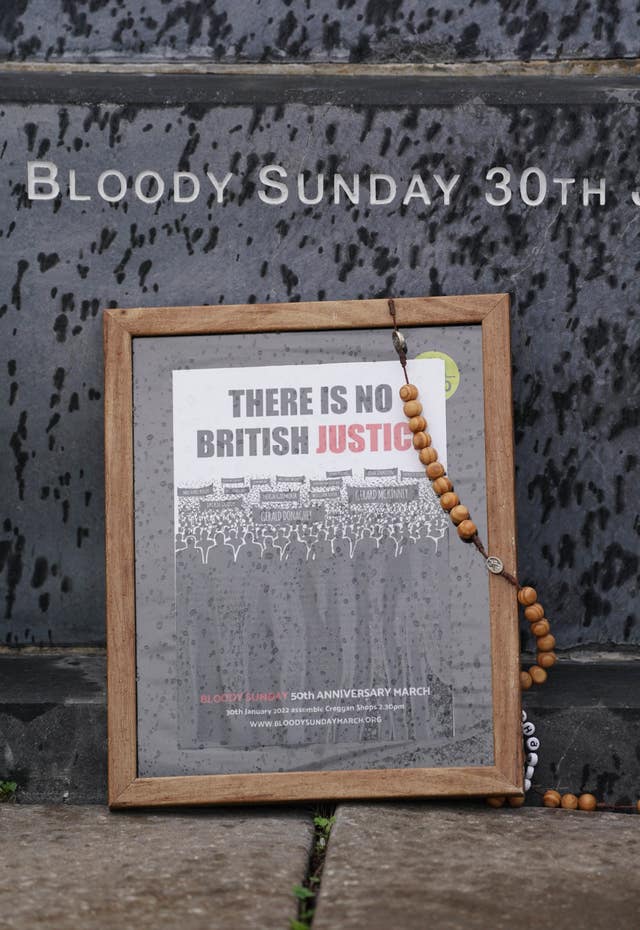


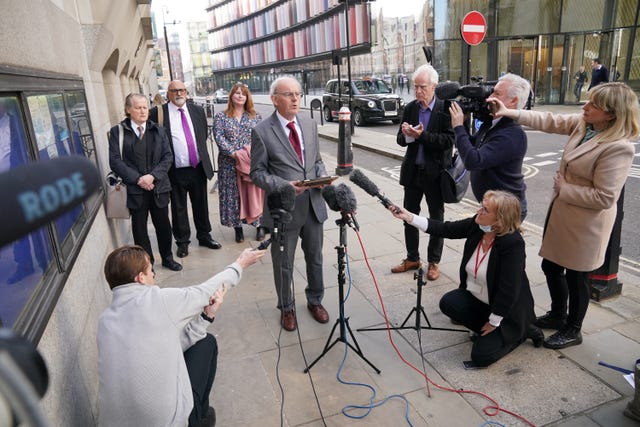
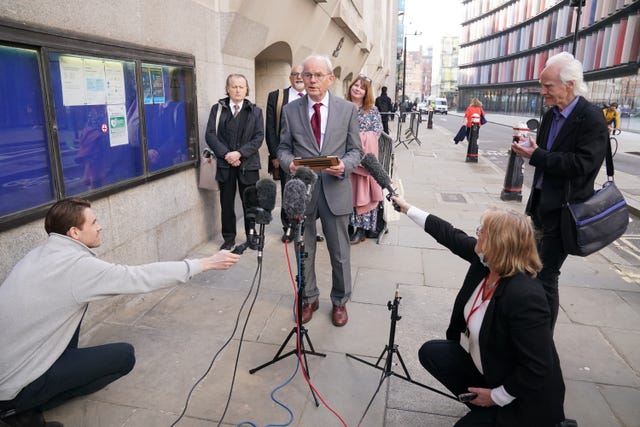
 (@Dr2NisreenAlwan)
(@Dr2NisreenAlwan)  (@chrischirp)
(@chrischirp) 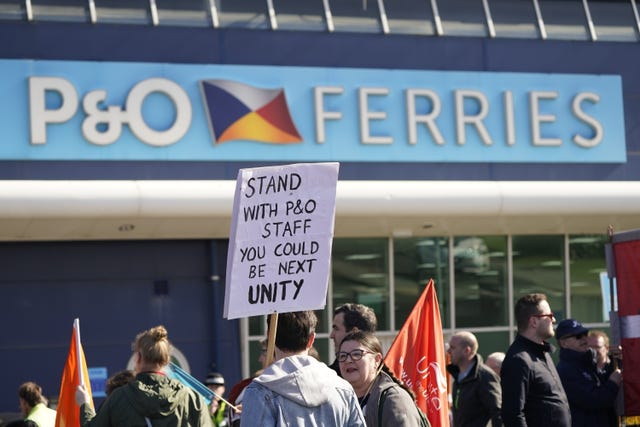

 (@accessiblerach)
(@accessiblerach) 






 (@DPACSheffield)
(@DPACSheffield) 


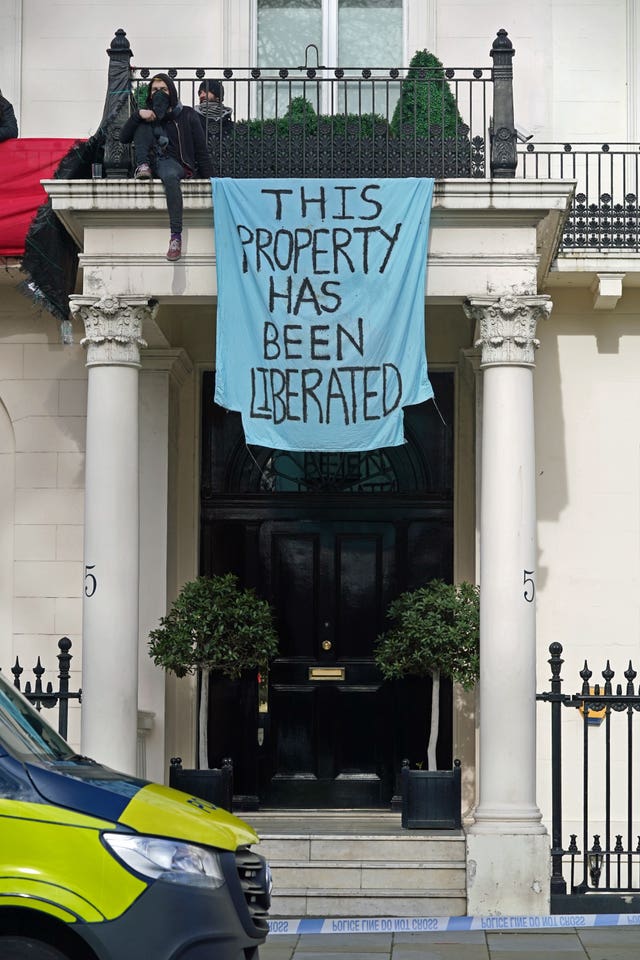
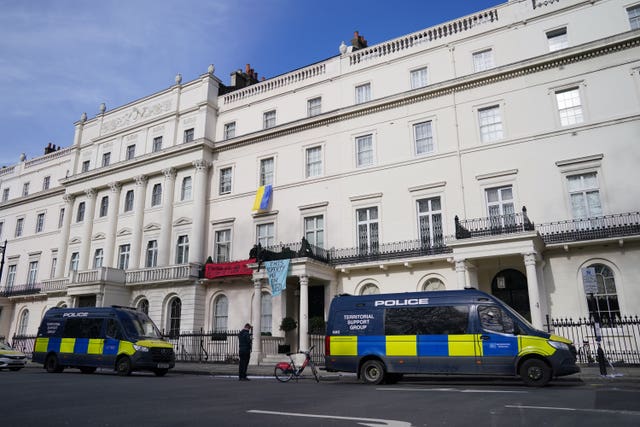
 VICTORIA GARVEY
VICTORIA GARVEY

 Russian invaders fire at a civilian car with passengers inside! This is evidence for the Hague.
Russian invaders fire at a civilian car with passengers inside! This is evidence for the Hague.
 (@DefenceHQ)
(@DefenceHQ) 